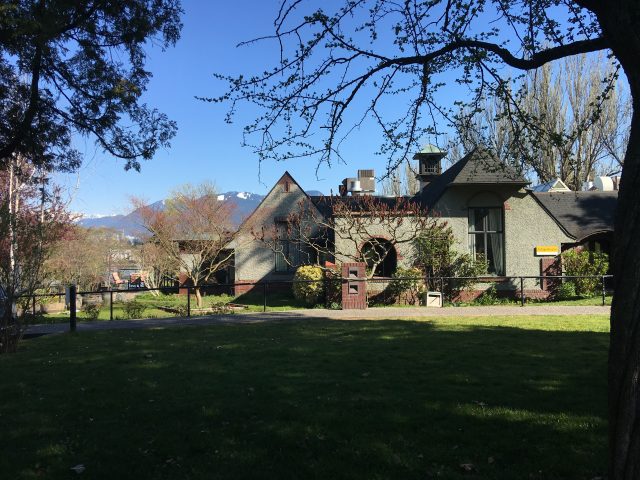
Hastings Sunrise:
At just shy of three acres, Burrard View is not a big park. It runs between North Slocan, North Penticton, Yale and Wall Street. The park slopes down to the water and is shaped like half a house.
The building on the west side of the park has been the Cottage Hospice since 1999. Built in 1924 as the “Babies Cottage” for kids under six, the site was likely chosen because of the nearby Wall Street Orphanage. That building came to live in the park in 1906.
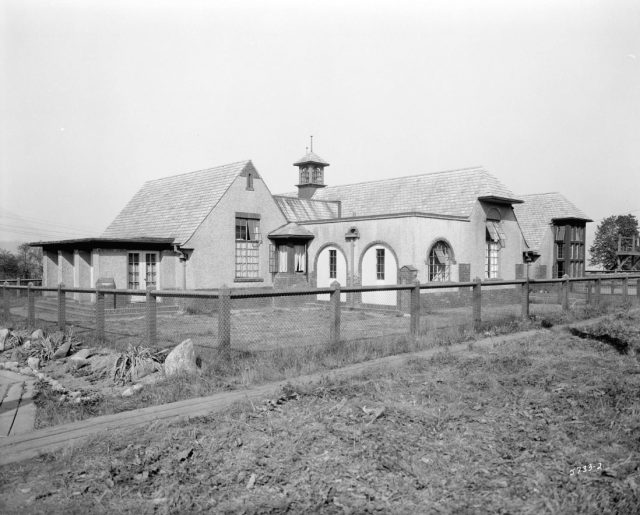
Orphanage:
If you wander through the middle of the park, you’ll find yourself on a grassed-over brick terrace where you can sit and stare at Burrard Inlet and the North Shore mountains. You might even hear the ghosts. This was the foundation of the notorious Juvenile Detention Hall built in 1930 on the site of the Wall Street Orphanage.
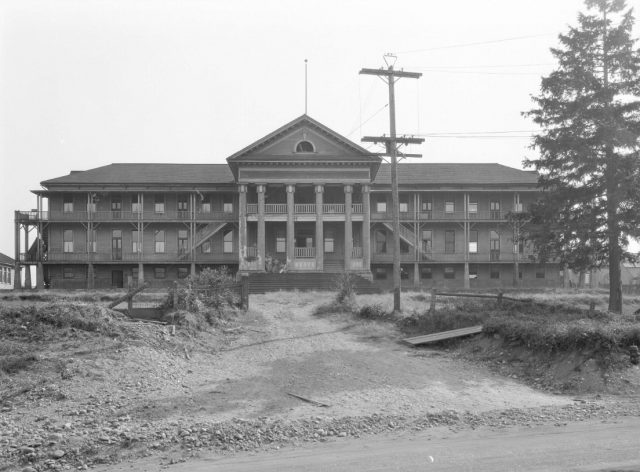
According to Vancouver Heritage Foundation, Wall Street Orphanage had about 200 kids crammed in together and was closed after it was condemned as a fire risk in a 1927 child welfare report.
Juvie:
After the kids were shipped off to foster homes, the building was torn down. The city hired architect Arthur Julius Bird to design the new Vancouver Juvenile Detention Home for “incorrigible” teens. Incorrigibility included drunkenness, runaways and just bad behaviour.
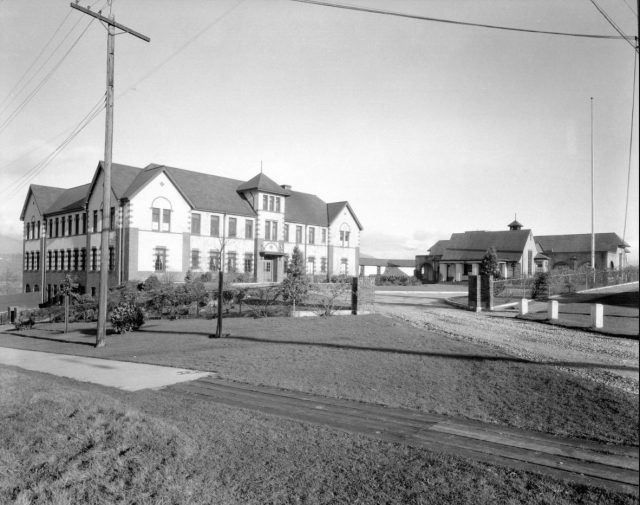
The Last Gang:
Aaron Chapman writes in The Last Gang in Town that by the 1940s, Juvie Hall was notorious for its overcrowded cells. As late as the mid-1970s children were still being sent there and “Juvie would be where many future gang members first met,” says Aaron.
Vancouver’s first family court was also in Burrard View Park, between Juvie Hall and what is now Cottage Hospice. Justice Thomas Gove told Aaron that as a young lawyer he spent a lot of time there and that youth facing charges would be taken through a tunnel that connected the cells of the JDH to the courthouse.
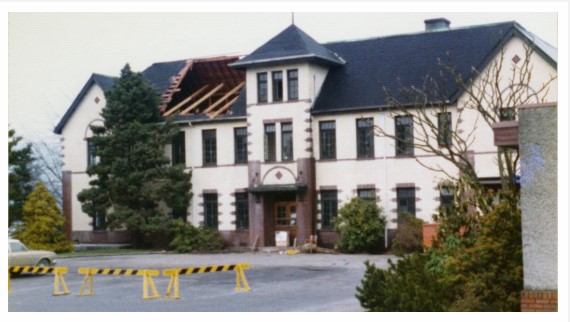
Gove told Aaron: “One day I was there for a case, and a kid ran, just bolted for the front door, and one of the guards chased and tackled him outside in the parking lot. The kid had got a little bloodied up getting tackled and wanted to go to the hospital, but the guards just dusted him off, told him he was fine, and marched him back into the courthouse” from The Last Gang in Town.
The building incarcerated those under 18 behind a high industrial wire fence. It was demolished in 1976.
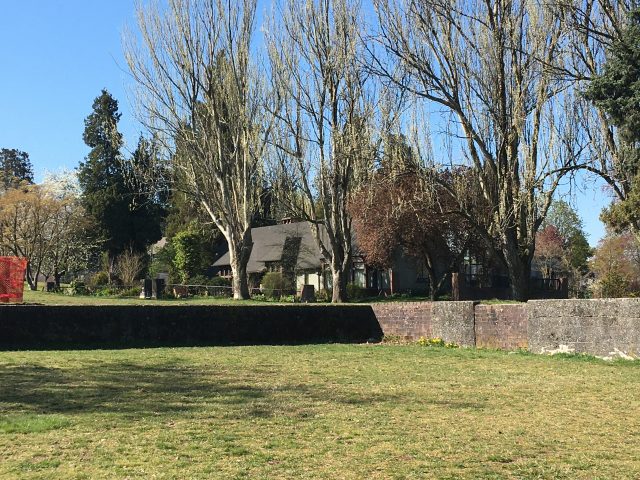
© All rights reserved. Unless otherwise indicated, all blog content copyright Eve Lazarus.


